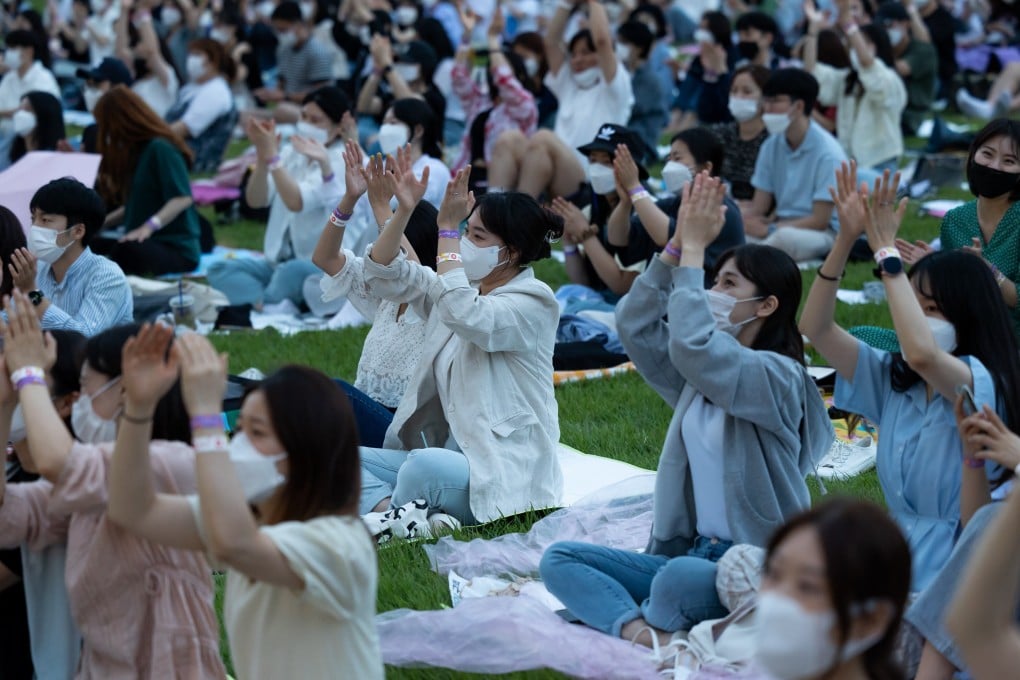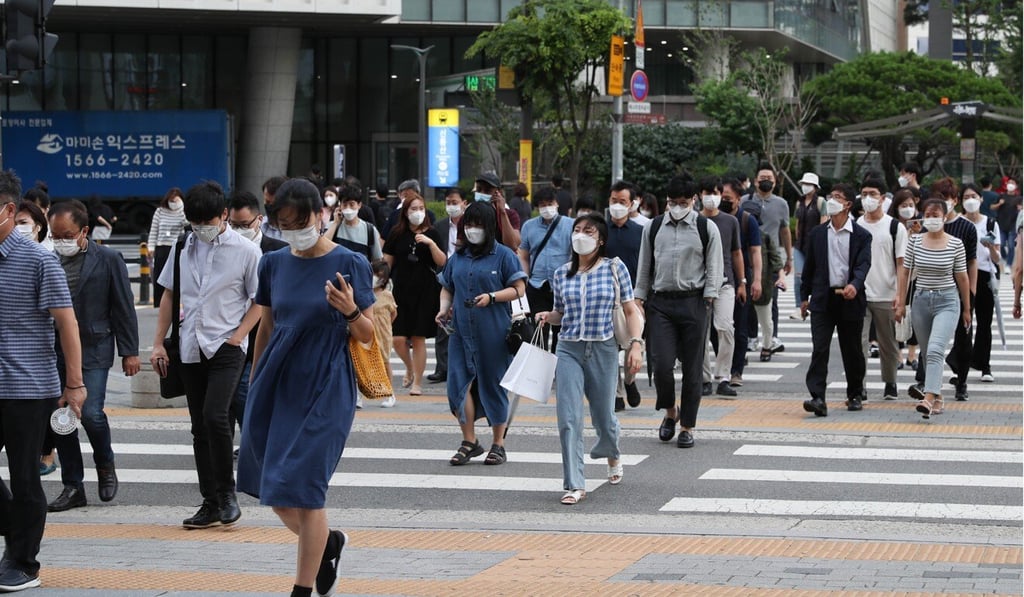Coronavirus: young South Koreans blamed as Seoul tightens curbs amid surge in cases
- Cases climbed to a daily record for the second day running on Friday, with many new infections reported among those in their 20s and 30s
- Observers said complacency had started to set in among young people, who have largely been excluded from the country’s vaccination roll-out

Under the Level 4 restrictions, effective from Monday, residents of the capital region will be advised to stay home as much as possible, schools will be closed, public meetings will be restricted to two people after 6pm and rallies or other events will be banned. Nightclubs and bars will also be shut, while restaurants and cafes will be allowed limited seating and only takeaway services after 10pm.
“We are facing the worst-ever crisis in our fight against Covid-19”, Prime Minister Kim Boo-kyum said at a meeting of government officials on Friday as he announced the new curbs. “I am sorry to cause pain to people living in the greater Seoul area by asking them to sacrifice normal daily life.”

She said most new infections had been reported in the densely populated greater Seoul area, especially among young people in their 20s and 30s who often spread the virus while not exhibiting any symptoms themselves.